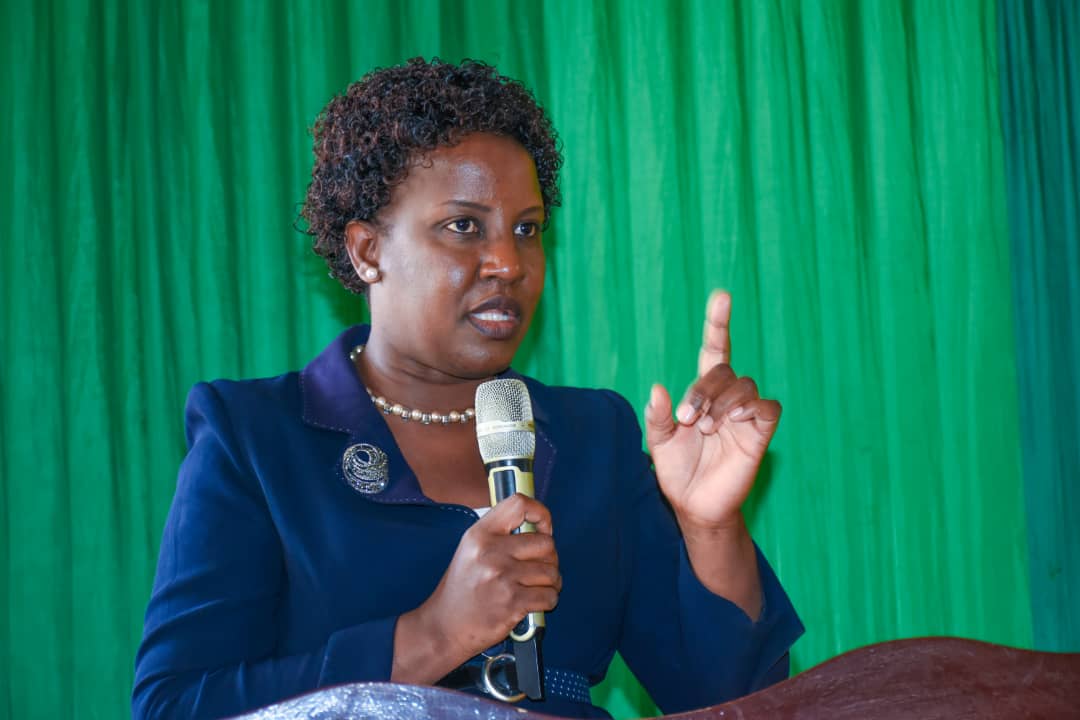Pioneering a New Era in Tanzanian Agriculture
DODOMA — The Dodoma region in Tanzania is poised to set a new benchmark in agricultural productivity and sustainability. This promising development comes in the wake of positive assertions from Dodoma Regional Commissioner, Rosemary Senyamule, who has recently spotlighted the region’s potential to significantly boost its food crop production. The catalyst behind this optimistic outlook is the effective implementation of the ambitious Building Better Tomorrow (BBT) program, a move that could revolutionize Tanzania’s agrarian landscape.
The stage for this announcement was the 2023 Tanzania Agriculture Stakeholders Learning Event (TASLE), a three-day symposium orchestrated by the Agricultural Markets Development Trust (AMDT) in collaboration with several partner institutions. TASLE 2023, with its theme “Connect, Sustain, and Scale Innovation in Agriculture Market Systems,” served as
a confluence of ideas, strategies, and visions for the future of agriculture in Tanzania. The event was not just a forum but a crucible where the best minds in agriculture – experts, policymakers, researchers, farmers, and industry leaders – converged to forge a pathway for a sustainable and economically robust agricultural sector.
Central to the Regional Commissioner’s address was a clarion call to the youth of Dodoma. Senyamule emphasized the untapped potential in agribusiness, urging young people to engage in this sector to increase their income and contribute significantly to the regional and national economy. This focus on youth is not just about employment but about nurturing a new generation of agripreneurs who can drive innovation and sustainability in agriculture.
The BBT program, a beacon of this agricultural renaissance, has seen active implementation in several key locations in Dodoma. Notable among these are Chinangali village in Chamwino District, Nondwa Village in Bahi District, and Membe Village in Mpwapwa District. These areas are exemplars of the program’s reach and impact, showcasing how targeted initiatives can yield substantial results in enhancing food security and economic growth.
TASLE 2023 was more than an event; it was a platform for learning, sharing, and evolving. Participants engaged in a plethora of activities – from interactive workshops and training sessions to insightful panel discussions. These interactions were not just about sharing knowledge but about creating a collaborative ecosystem where different stakeholders can align their goals and strategies for the greater good of Tanzania’s agriculture.
A significant highlight of TASLE 2023 was its focus on youth empowerment in agriculture. This aspect resonates deeply with Ms. Senyamule’s vision and AMDT’s overarching goals. By bringing young minds into the fold, the event aimed to instill a sense of ownership and responsibility towards the agricultural sector among the youth.
The leadership and vision of AMDT in this transformative journey deserve special mention. Under the guidance of Charles Ogutu, the Executive Director, and with input from board members like Dr. Mary Shetto, AMDT has been instrumental in reaching out to and supporting over 100,000 farmers across various regions. Their efforts exemplify a dedicated push towards enhancing agricultural market systems, improving productivity, and ultimately contributing to the alleviation of poverty in Tanzania.
In her concluding remarks, Ms. Senyamule lauded AMDT for its pivotal role in unifying diverse stakeholders to confront agricultural challenges and to strategize for a brighter future. Her commendation underscores the importance of collaborative efforts and collective wisdom in driving agricultural transformation.
As the curtains fell on TASLE 2023, the message was clear: Dodoma, with its fertile lands and committed populace, backed by strategic programs and united stakeholders, is on the verge of an agricultural revolution. This revolution, characterized by increased food production, economic growth, and sustainable practices, is set to redefine Tanzania’s agriculture and pave the way for a future marked by food security and prosperity.
